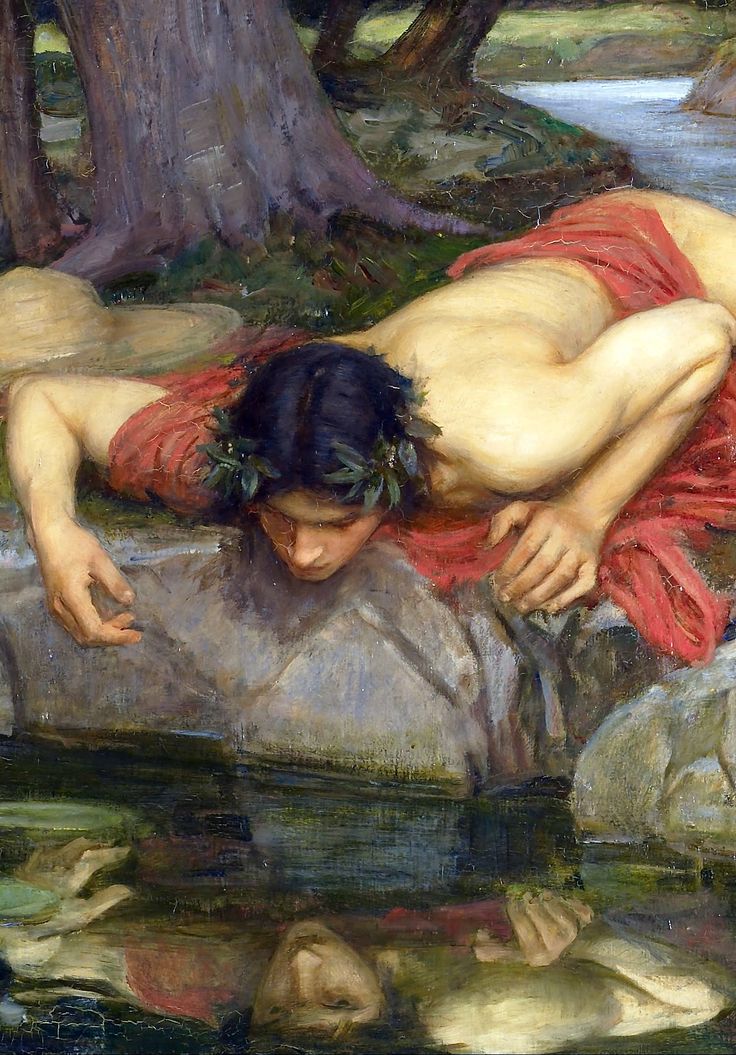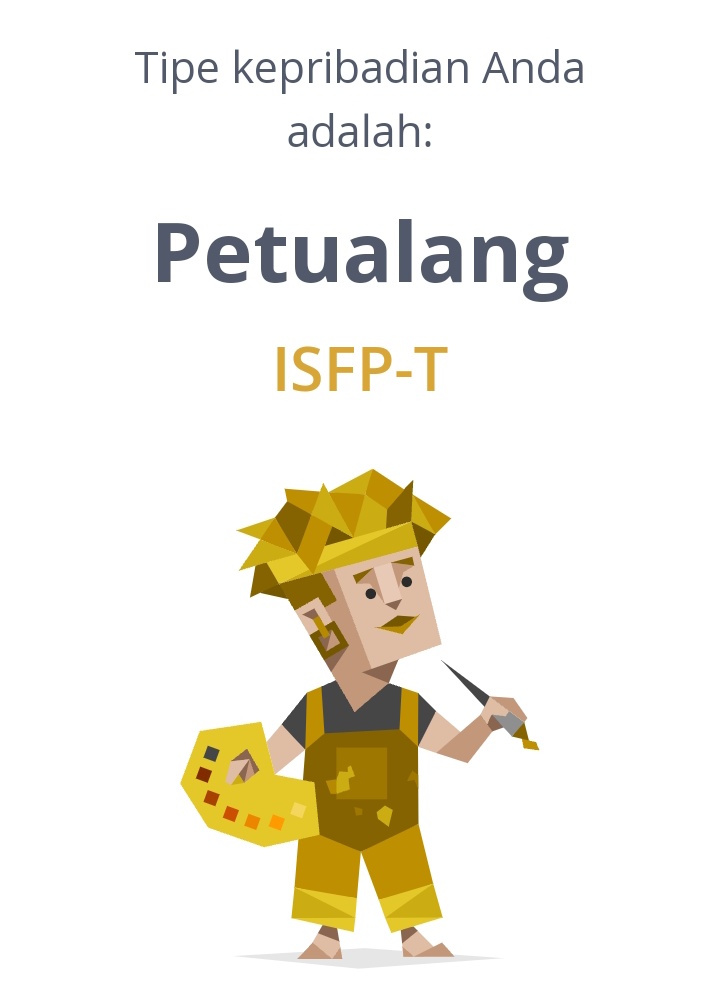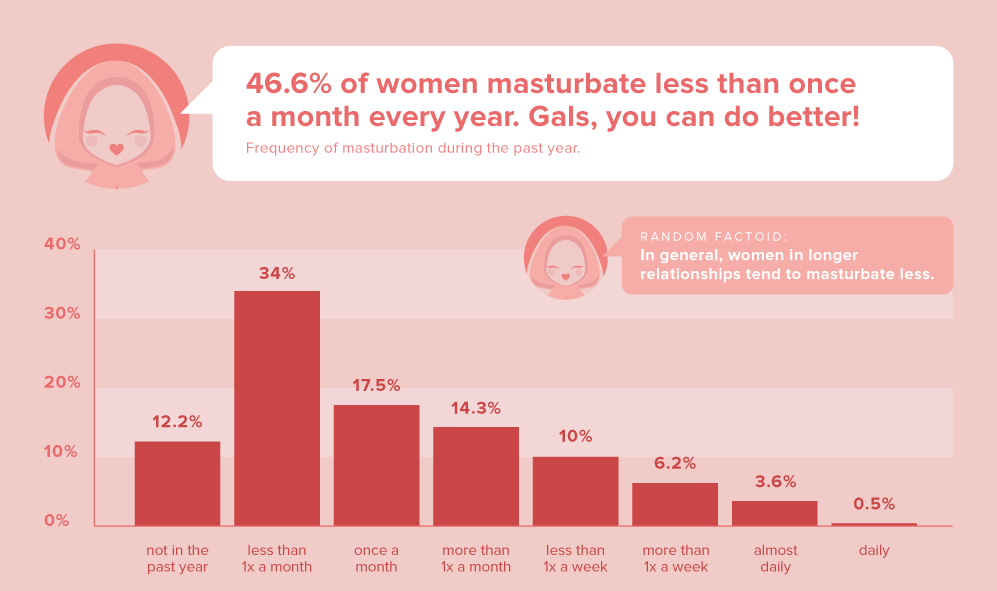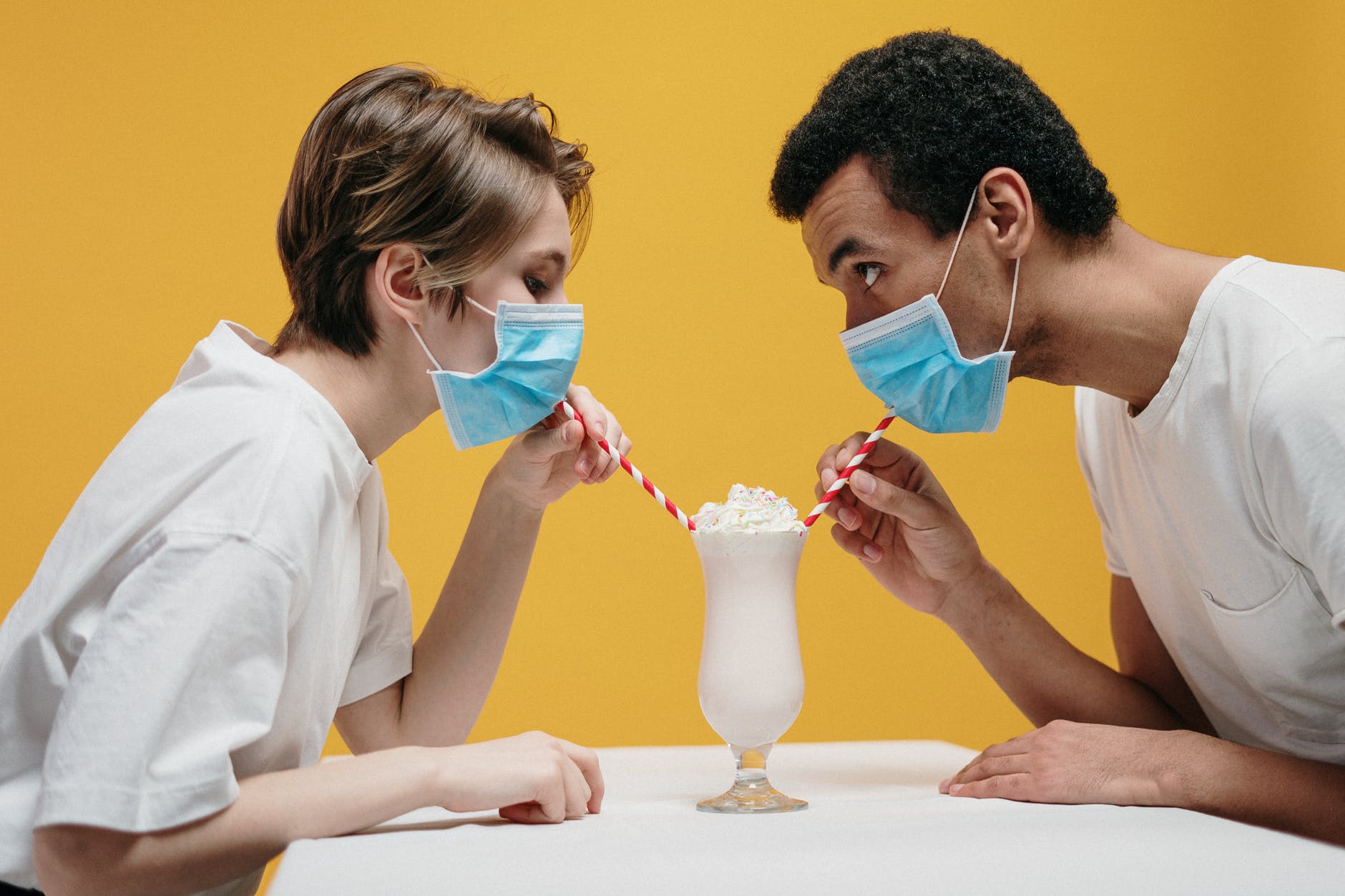Muscle relaxing teas
5 Muscle-Relaxing Teas for Aches and Pains
Imagine yourself at the end of a long day. Perhaps you are just getting home from work and are finally able to set aside your worries, change into your most comfortable clothes, and put your feet up while enjoying some relaxing music.
Yet, try as you might, it is difficult to convince your body to relax. All the tension, aches, and pains you brushed aside during the day refuse to be put to rest. So, what can you do?
Whether you are holding onto tension from a hectic day or are dealing with long-term aches and pains, a simple cup of a tea blend may be able to help soothe your muscle cramps and muscle soreness. Below, we have gathered our recommendations for 5 of the top muscle relaxing tea options to give you some relief.
#1 Turmeric Tea
Turmeric is a spice known for its vibrant yellow color. It comes from the root of the Curcuma longa plant and has been used both as a culinary spice and medicinal dried herb for thousands of years. When steeped as in a tea bag, turmeric has a warm, earthy aroma and spicy-sweet flavor.
How, though, can a turmeric tea blend help to relieve your sore muscles? Research has suggested that curcumin, one of the main compounds found in turmeric, has antioxidative and anti-inflammatory properties that may abate symptoms of inflamed or sore muscles caused by exercise and arthritis.
In addition to diminishing your aches, turmeric is also thought to reduce anxiety, meaning this dried herb tea tea may deliver the perfect infusion of mental and physical relief.*
#2 Ginger Tea
Similar to turmeric, ginger tea is made from the root of a flowering plant, Zingiber officinale. Both ginger and turmeric also come from the Zingiberaceae plant family. If you are an admirer of this aromatic tea, you may be wondering if the similarities go even further. Can ginger tea provide the same benefits as turmeric?
Well, you will be relieved to know that this tea may be just as calming for your aches and pains as turmeric tea. * One study demonstrated that ginger may be effective when it comes to reducing muscle pain.
* One study demonstrated that ginger may be effective when it comes to reducing muscle pain.
With a sweet, zingy flavor and slightly spicy aroma, a cup of ginger tea is also sure to brighten your day.
#3 Rooibos Tea
Curious about the various rooibos tea benefits? This herbal tea is produced from the leaves of Aspalathus linearis, a bush native to South Africa. Though most people are familiar with rooibos as a red tea, it actually comes in two different forms.
- Red rooibos – The most common form of rooibos tea, red rooibos, is made by fermenting the leaves of the bush. When steeped, the fermented leaves produce tea with a vibrant crimson color and a smooth, naturally sweet taste.
- Green rooibos – Made from the dried, unfermented leaves of the same plant, green rooibos has a slightly milder and more grassy flavor similar to other green teas.
Regardless of which form of rooibos you prefer, both are rich with the flavonoids aspalathin and nothofagin — antioxidants that are thought to be helpful in reducing muscle pain caused by inflammation. When you are looking to both lull your aches and please your palate, a cup of rooibos tea may be the balm you need.*
When you are looking to both lull your aches and please your palate, a cup of rooibos tea may be the balm you need.*
#4 Green Tea
Wondering is green tea good for you?Steeped from the dried leaves of the Camellia sinensis bush, green tea is a favorite among many tea drinkers around the world. It might come as a surprise to you, then, that this well-loved staple may also help alleviate aches and pains.
What does science tell us about the benefits of green tea for sore muscles?
Due to its plentiful supply of polyphenols, green tea is thought to provide anti-inflammatory effects and may even help with chronic inflammation. If your aches and pains are ongoing and you are seeking the comfort of a familiar flavor, green tea may be your perfect solution.*
#5 Peppermint Tea
One of the most popular herbal teas, peppermint tea, is steeped from the leaves of Mentha piperita L. With a cool, minty flavor and scent, a cup of peppermint tea can certainly help you feel more refreshed after a long day.![]()
What, however, can it do to relieve and relax your muscle cramps and sore muscles?
Research has suggested that peppermint may provide anti-inflammatory and pain-relieving benefits.* If your aches and pains often involve your stomach, a cup of peppermint tea may be especially helpful in easing your ailment, as peppermint has been shown to reduce muscle spasms and pain associated with:
- Indigestion
- Irritable bowel syndrome
- Other abdominal pain
Feel Your Best With The Republic of Tea
Once you finally have the time to wind down, calm your mind, and reset, the last thing you want is to have your relaxation interrupted by the aches and pains you carry with you each day. Fortunately, you can reach for a delicious and aromatic cup of tea to attain the rest and relaxation you deserve.
When seeking relief and relaxation, turn to The Republic of Tea. Our premium selection of calming, muscle-soothing teas can help your body and mind unwind so that you can start each new day feeling refreshed and rejuvenated whether it be with a chai tea or a chamomile tea.
Sources:
PubMed. Curcumin: A Review of Its Effects on Human Health. https://www.ncbi.nlm.nih.gov/pmc/articles/PMC5664031/
PubMed. Ginger (Zingiber officinale) reduces muscle pain caused by eccentric exercise. https://pubmed.ncbi.nlm.nih.gov/20418184/
PubMed. Studies of anti-inflammatory effects of Rooibos tea in rats. https://pubmed.ncbi.nlm.nih.gov/19419525/
PubMed. Green Tea Extracts Epigallocatechin-3-gallate for Different Treatments. https://www.ncbi.nlm.nih.gov/pmc/articles/PMC5572593/
PubMed. Medicinal Plants of the Family Lamiaceae in Pain Therapy: A Review. https://www.ncbi.nlm.nih.gov/pmc/articles/PMC5964621/
PubMed. A review of the bioactivity and potential health benefits of peppermint tea (Mentha piperita L.). https://pubmed.ncbi.nlm.nih.gov/16767798/
5 Herbal Teas to Relax Aches and Pains
Read: 4 minutes
Consider Teas To Relax Aches and Pains
During the course of our daily tasks, we can experience aching muscles and pains whether it be from existing conditions such as arthritis or from straining ourselves. These aches and pains can cause stress and fatigue and can often aggravate more conditions so treating these aches and pains immediately is a great idea. There are some wonderful herbs and plants which can aid in relieving some of these symptoms. We’ve listed our top five picks below.
These aches and pains can cause stress and fatigue and can often aggravate more conditions so treating these aches and pains immediately is a great idea. There are some wonderful herbs and plants which can aid in relieving some of these symptoms. We’ve listed our top five picks below.
Sage is a wonderful herb for treating muscle soreness. Sage is an antispasmodic which means that it helps to relax muscle fibers – it’s a great natural cough medicine to helping to relax the lungs and throat. It works well as a hot tea to drink and also applied to the skin by steeping a strong hot tea (for 10-15 minutes), waiting for it for it to become luke-warm, and then applying it with a tower as a compress on the area experiencing soreness. This herb can be bought at your local supermarket.
Matcha Green TeaMatcha is a form of green tea where it is the tea leaf stone ground into a fine powder so it actually dissolves in water to form a highly concentrated tea. Studies have shown green tea can help reduce inflammation and arthritis pain because of its active ingredient EGCG which is a powerful antioxidant that works to stop the production of certain inflammatory chemicals in the body. Matcha contains a much higher level of EGCG compared to standard green tea bags making it the perfect anti-inflammatory drink.
Studies have shown green tea can help reduce inflammation and arthritis pain because of its active ingredient EGCG which is a powerful antioxidant that works to stop the production of certain inflammatory chemicals in the body. Matcha contains a much higher level of EGCG compared to standard green tea bags making it the perfect anti-inflammatory drink.
Additionally, matcha contains an incredibly high level of antioxidants so when you drink matcha your body is flooded with antioxidants that help to stop cell damage that can be the cause of other conditions and inflammation. To make matcha, you simply mix ¼ teaspoon of the powder into a cup of hot water and enjoy. This tea can be bought online at Australian boutique business Zen Green Tea.
Lavender TeaLavender is known for its soothing, sleep-inducing properties. The tea can assist with flatulence, colic, or an upset stomach. It can be also applied as a wash to the chest to reduce any respiratory conditions like coughs or colds. Drinking a lavender tea and soaking in a bath with lavender oil with some relaxing music is the perfect way to relieve any stress which can often be the cause of muscle spasms. You can steep lavender flowers (bought at your local florist) to form the tea or purchase the dried flowers at your local health food store.
Drinking a lavender tea and soaking in a bath with lavender oil with some relaxing music is the perfect way to relieve any stress which can often be the cause of muscle spasms. You can steep lavender flowers (bought at your local florist) to form the tea or purchase the dried flowers at your local health food store.
Cardamom tea, like lavender tea, is great for treating stomach conditions i.e. indigestion and nausea. Interestingly, cardamom also works as a caffeine detoxifier if you have consumed too many cups of coffee it helps to remove the caffeine from your system. Cardamom can be bought at your local supermarket and it is a tea often enjoyed with milk. It’s featured in many chai tea mixes (ensure you buy chai leaves though not the powdered sugar-laden varieties).
Peppermint Tea
Peppermint tea is a fantastic overall herb which contains both menthol and camphor- two substances which help relieve muscle tension. Additionally, peppermint aids in indigestion and helps in relieving headaches and anxiety which can cause stress related muscle spasms.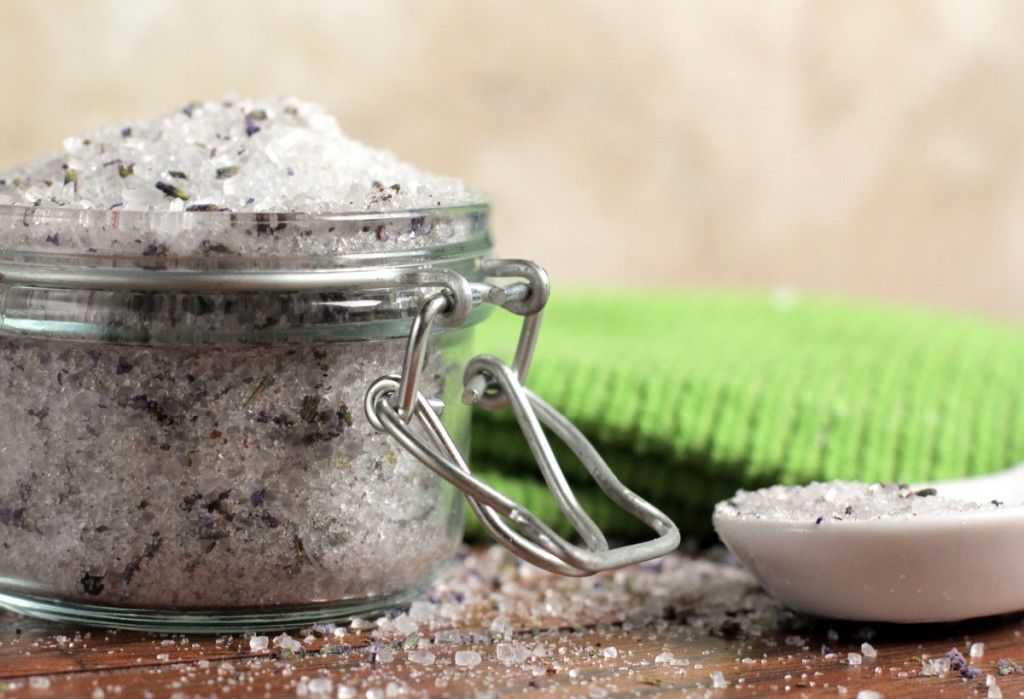 This tea can be bought at your local supermarket.
This tea can be bought at your local supermarket.
Soaking in a bath is a great way to relax and adding muscle relaxing herbs both feels great and helps you relieve your stress and aches faster.
Instructions:In a muslin bag mix a handful of lavender flowers, a tea bag quantity worth of peppermint tea, sage, a teaspoon of matcha and a few drops of lavender oil. Steep the bag in your bath and enjoy the relaxing effects, the light green colour and the beautiful smell!
This article has been updated from the original 2015 version.
Relaxing teas in 2022, which Chinese teas have a relaxing effect?
The emotional state is connected with the physical health of a person. Constant stress, nervous exhaustion, high mental stress, life's hardships and troubles do not go unnoticed. As a result, chronic diseases become aggravated, pressure jumps, the heart presses, it becomes difficult to breathe.
It turns out that Chinese tea will help you really relax and unwind. And confirmation of its miraculous properties are calm and peaceful Buddhist monks who have a pure mind, live happily ever after. After all, not a single day passes without a pleasant and healthy tea ceremony.
Content
1.
What causes the effect of relaxation from tea
2.
Popular relaxing varieties of Chinese tea
3.
Herbal and flower teas that have a relaxing effect
4.
Contraindications
that causes the effect of relaxation from tea
The chemical formula of tea is complex and unstable. The relaxing effect of some varieties is achieved due to the special chemical composition. One of the elements is L-theanine. It is an amino acid that relaxes, reduces anxiety, improves sleep. In tea, L-theanine is present in combination with caffeine. And it is in a pair that these substances have a tonic and relaxing effect on the nervous system at the same time, enhance perception and stimulate brain activity.
In tea, L-theanine is present in combination with caffeine. And it is in a pair that these substances have a tonic and relaxing effect on the nervous system at the same time, enhance perception and stimulate brain activity.
In nature, L-theanine in its pure form is not found in any other plant species, except for the tea leaf and some types of mushrooms, but in smaller quantities. Surprisingly, the concentration of L-theanine in tea is quite high. One cup accounts for about 25 mg of this substance.
The substance L-theanine affects the human hormonal background. Promotes the release of serotonin and dopamine. So, serotonin is called the hormone of good mood and happiness, and dopamine is called the hormone of joy and pleasure. Theanine stimulates the alpha rhythm of the brain. These vibrations cause relaxation and calmness.
L-theanine has been studied many times and worldwide. At the same time, its influence on human cognitive functions was taken into account. Namely, working memory, flexibility, and inhibitory control.
Namely, working memory, flexibility, and inhibitory control.
Effect of L-theanine on cognitive functions:
- Working memory. Allows you to make decisions and draw conclusions, taking into account all the details of the situation and their scrupulous and quick analysis.
- Brake control. Helps to focus on the main thing and cut off distractions.
- Cognitive flexibility. It contributes to the fact that people began to quickly adapt to new conditions. All of these benefits from regular use of L-theanine in the tea are accompanied by improved mood and reduced anxiety.
Popular Relaxing Chinese Teas
Not all teas are relaxing. Of the oolongs, these are the milk oolong and the Big Red Robe. Chinese green teas include Phoenix Eyes and the associated Moli Yu Long Tao Jade Dragon Peach tea.
Description of popular relaxing Chinese teas:
- Large red robe or Da Hong Pao.
 Truly royal tea. Delicious, long lasting, healthy. It has a fruity-spicy taste with hints of cocoa. It is really intoxicating, but it happens gradually, gently and pleasantly.
Truly royal tea. Delicious, long lasting, healthy. It has a fruity-spicy taste with hints of cocoa. It is really intoxicating, but it happens gradually, gently and pleasantly. - Milk Oolong or Nai Xiang Jin. Legendary and one of the most delicious teas. Its leaves open quickly and completely, so some skill is needed to brew it. It tastes like caramel and cream. It has strong sedative and relaxing properties.
- Tie Kuan Yin or Iron Bodhisattva. A mysterious and healing tea that monks drink before meditation to cleanse the mind and relax the body. It really harmonizes and pacifies. It is recommended to start acquaintance with oolongs with it. It has an aroma of flowers with a pronounced smell of orchids and lilacs. The taste is honey-nut, the aftertaste is unusually long and pleasant.
- Jasmine tea or Long Zhu. It is also called Jasmine Pearl or Dragon Pearl. Its leaves are twisted into balls and cast in silver, which resembles real pearls. The tea smells intoxicatingly of jasmine and meadow.
 Its taste is thick, sweet, with hints of pear and apricots.
Its taste is thick, sweet, with hints of pear and apricots.
Relaxing herbal and floral teas
To calm down and relax, you can drink a cup of fragrant herbal tea. Of the medicinal herbs, fireweed or Ivan tea has the maximum relaxing effect. And from flower teas - honeysuckle and chamomile. From herbs and flowers, you can make a soothing collection.
Description of herbal and flower relaxing teas:
- Ivan tea. It is obtained from the medicinal plant Fireweed, its two varieties - narrow-leaved and broad-leaved. It has a pleasant sweetish taste with a refreshing sourness. It has a rich aroma of herbs and flowers. It is allowed to brew twice.
- Chamomile tea. This is a fragrant infusion of dried chamomile flowers. It helps calm the nerves and promotes sound sleep. Chamomile infusion turns out a pleasant yellow hue. Its aroma is delicate and delicate, corresponding to the smell of a flower.
 And the taste is pleasant herbal with a slight astringency.
And the taste is pleasant herbal with a slight astringency.
- Lavender tea. This is a delightful infusion of lavender flowers in a low concentration. The aroma is pronounced lavender. The taste is warm, soft with a piquant and appropriate bitterness. The drink has a strong antispasmodic, sedative and analgesic effect.
- Lemongrass tea. Lemongrass is popularly called lemongrass because of the freshness and juiciness of lemon in its taste. An infusion of this herb also has a refreshing lemon-ginger flavor. It smells like lemon and herbs. The drink improves mood, normalizes sleep, relieves fatigue, concentrates attention.
- Honeysuckle tea. Honeysuckle is a valuable medicinal plant. In addition to a calming effect, it is used to treat various inflammations, strengthen immunity, and cleanse the body. Dried honeysuckle flower petals are used to make tea. The taste of the infusion is pleasant apple-honey, and the aroma is citrus-floral.
- Chrysanthemum tea.
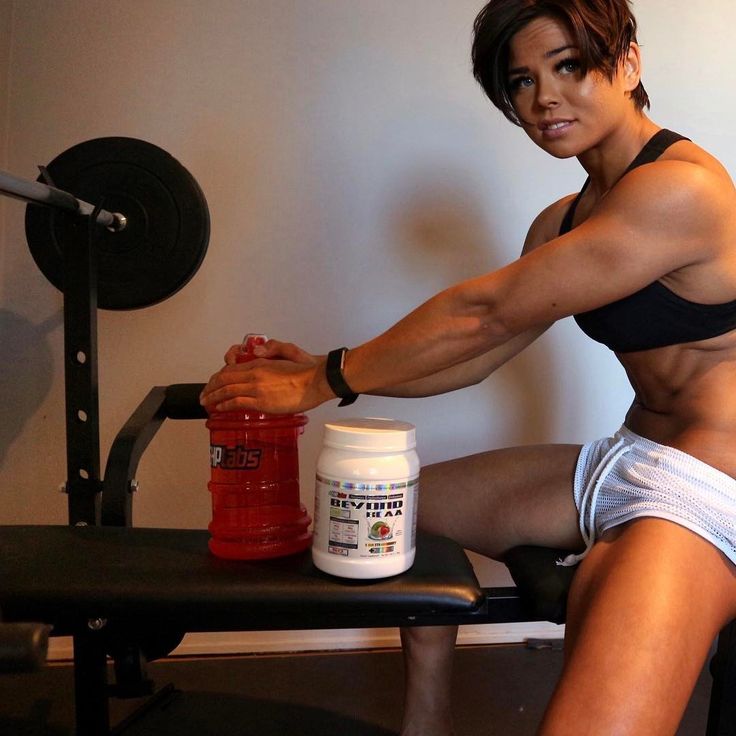 Chrysanthemum buds are used for it, sometimes in combination with honeysuckle petals. This flower is considered medicinal. It is used in the treatment of the respiratory system, nervous system, eyes, gastrointestinal tract, kidneys and liver. The aroma of the infusion is delicate and pleasant, somewhat tart. The taste of the drink is enveloping floral with hints of honey and nuts.
Chrysanthemum buds are used for it, sometimes in combination with honeysuckle petals. This flower is considered medicinal. It is used in the treatment of the respiratory system, nervous system, eyes, gastrointestinal tract, kidneys and liver. The aroma of the infusion is delicate and pleasant, somewhat tart. The taste of the drink is enveloping floral with hints of honey and nuts. - Mint tea. A well-known soothing and refreshing drink. The aroma and taste of the infusion is characteristic, minty. If you increase the brewing time of mint, then a slight bitterness appears in the taste. In addition to relaxing and vasodilating effects, the drink relieves headaches and dizziness.
- Clover tea. For the preparation of healthy and tasty tea, flowers of the Clover Meadow plant are used. The infusion fully conveys the smell and taste of clover. It has a wide range of therapeutic effects - cleansing, relaxation, regeneration, pain relief.
- Peony tea.
 Peony flowers contain a whole complex of vitamins and minerals, antioxidants, amino acids. Peony tea is fragrant and delicious.
Peony flowers contain a whole complex of vitamins and minerals, antioxidants, amino acids. Peony tea is fragrant and delicious. - Jasmine tea. Jasmine flowers are useful and have a pleasant aroma. Jasmine tea has a positive effect on the emotional background and helps with women's problems. Among them - uterine dysfunction, painful menstruation, premenstrual syndrome, hormonal disorders, postpartum depression.
Herbal preparations have a relaxing effect. They include many herbs and flowers with antidepressant effects. Among them are chamomile, St. John's wort, valerian, motherwort, honeysuckle, mint, hop cones, rose petals, lemon balm.
Contraindications
When using relaxing teas, it is important to take into account the individual intolerance of the components. After all, many components have a strong aroma and a pronounced effect. An absolute contraindication to them is pregnancy. After all, they relax the muscles, including the uterus, which can lead to undesirable consequences. For teas with a relaxation effect, there is a consumption rate - no more than 1 or 2 cups per day. It is undesirable to exceed it.
After all, they relax the muscles, including the uterus, which can lead to undesirable consequences. For teas with a relaxation effect, there is a consumption rate - no more than 1 or 2 cups per day. It is undesirable to exceed it.
Relaxing tea is very popular. It quickly relieves irritability and excitement. It is recommended for use in various psycho-emotional disorders, nervous exhaustion, headaches. They are drunk regularly or intermittently. You can alternate different types of tea with each other and drink them in periods - one week, the next week - another. At the same time, dosage is important.
Herbal tea and sports - GrowFood
Immunity is an integral part of every person's health. It is a high level of resistance to diseases that gives good spirits and health. Physical activity, including sports, can have a weakening effect on it. Fatigue, muscle pain and poor sleep after sports can negatively affect your general condition.
You can restore your strength by regularly drinking delicious, fragrant and very healthy herbal tea.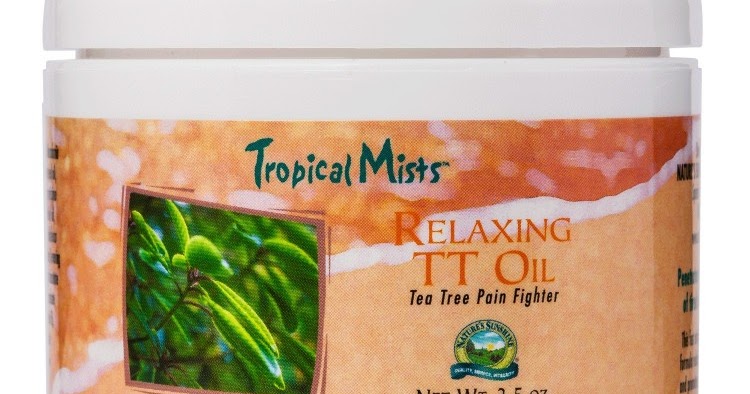 Such tea has a beneficial effect on the body as a whole and does not contain all kinds of harmful additives that can cause allergies. The dependence on herbal tea is also excluded, even with its long-term use.
Such tea has a beneficial effect on the body as a whole and does not contain all kinds of harmful additives that can cause allergies. The dependence on herbal tea is also excluded, even with its long-term use.
All herbs contain micro- and macro-elements peculiar to them and certain groups of vitamins, as well as antioxidants, which in combination ensures the normalization of metabolic processes, improves the functioning of organs and body systems. If you correctly approach the use of herbal teas, you can easily get rid of unwanted effects, both during sports and after training.
Recommended herbs for sports herbal teas
- Tonic herbs include eleutherococcus, tarragon, wild rose, St. John's wort. Tea from these herbs has an encouraging effect, increases physical and mental activity. Ginseng is great for helping to keep yourself in good shape throughout your workout, due to its amazing ability to improve breathing at the cellular level. Schizandra Chinese, or schizandra, has a beneficial effect on the blood, improving its composition, and normalizes the cardiovascular system.
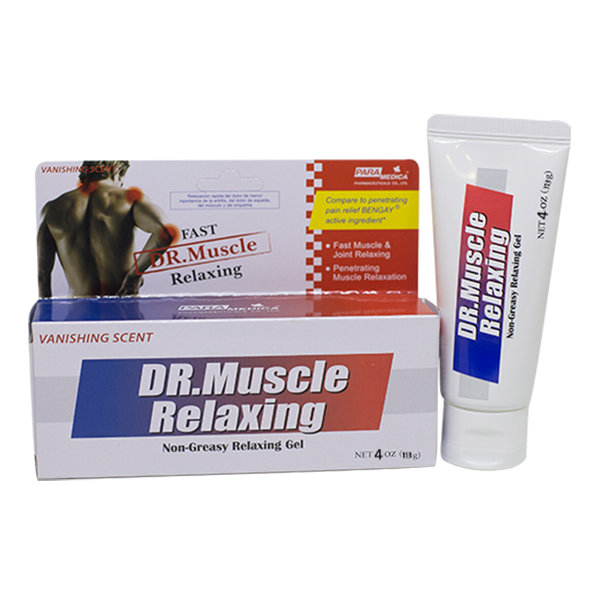 It is very rich in vitamins, and therefore perfectly improves immunity.
It is very rich in vitamins, and therefore perfectly improves immunity. - Tea from these herbs can be prepared as a separate herbal drink, or as an addition to your favorite tea. But it is advisable to drink in the morning so that it does not affect the night's sleep.
- Have a relaxing effect: oregano, lavender, lemon balm, strawberry (leaves). These herbs are great for making herbal teas to help you relax after a hard workout. A drink made from a combination of these herbs or, as a mono drink, will perfectly relieve muscle and nervous tension, give you a deeper and more restful sleep. Peppermint tea (two tablespoons per cup of boiling water) will reduce blood pressure, which can rise during intense sports. A tablespoon of passionflower flowers, brewed in three hundred milliliters of boiling water for 10 minutes, will help relieve muscle tension and normalize heart function.
- Osmanthus can help alleviate, or even completely eliminate, post-workout muscle soreness.

